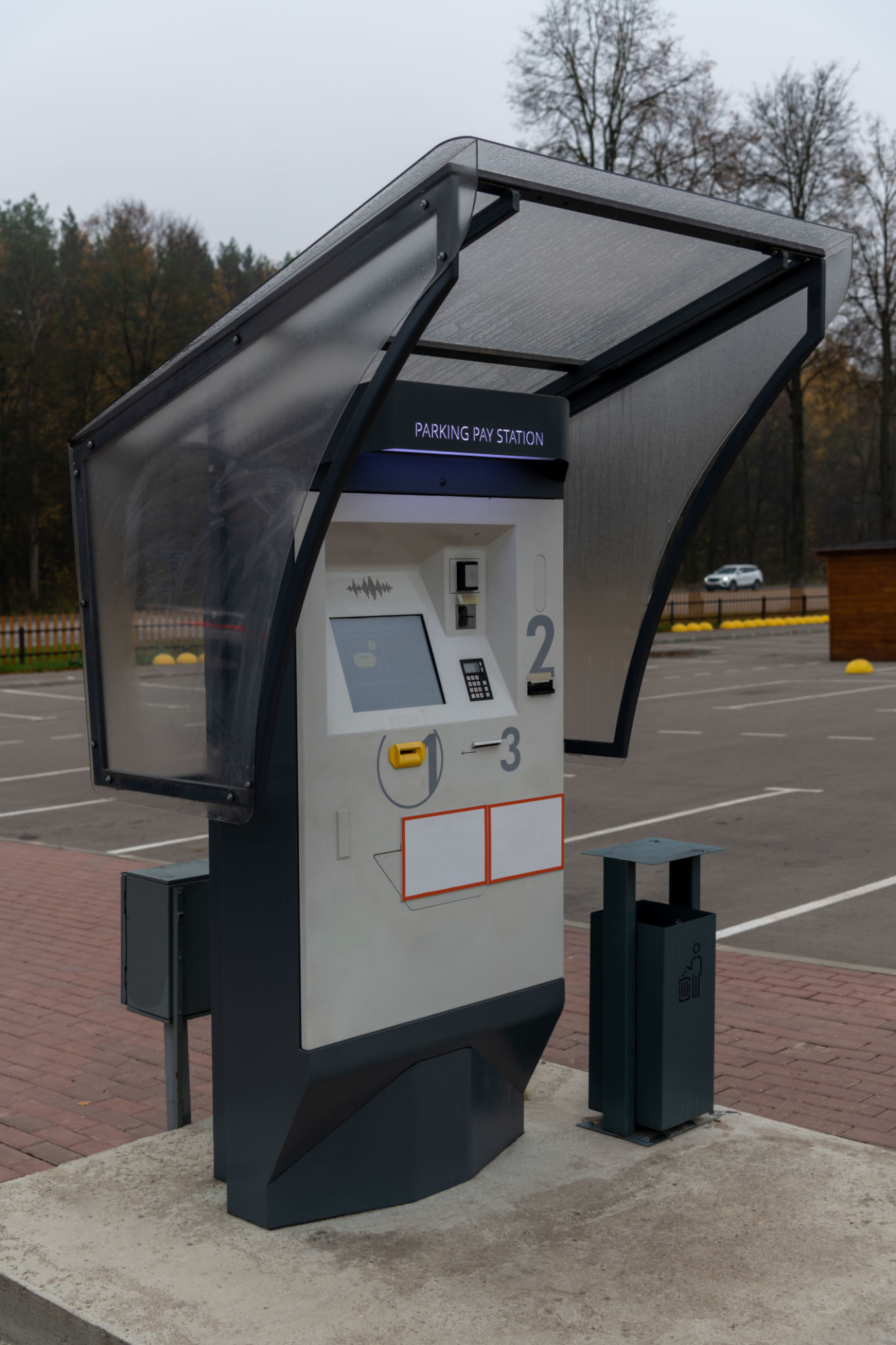The Benefits of Data-Driven Vending Machine Management
Understanding Data-Driven Vending Machine Management
In the modern era, where technology is rapidly advancing, the vending machine industry is not left behind. Data-driven vending machine management is transforming how businesses operate, providing significant advantages over traditional methods. By leveraging data and analytics, companies can optimize their vending operations, improve efficiency, and increase profits.

Enhanced Inventory Management
One of the primary benefits of data-driven management is improved inventory control. By utilizing real-time data, vending machine operators can monitor stock levels accurately. This ensures that popular items are always available, reducing the risk of lost sales due to stockouts. Additionally, it helps in identifying slow-moving products, allowing operators to adjust their inventory accordingly.
With precise inventory insights, businesses can optimize their restocking schedules. This reduces unnecessary trips to refill machines, saving both time and operational costs. As a result, vending machine operators can maintain optimal product levels while minimizing waste and ensuring customer satisfaction.
Improved Customer Experience
Data-driven management also enhances the customer experience. With access to detailed sales data and consumer preferences, operators can tailor their product offerings to meet customer demands. This personalized approach not only increases customer satisfaction but also boosts sales by offering the right products at the right time.

Furthermore, data analytics can help identify peak usage times, allowing businesses to ensure machines are always ready to serve customers efficiently. By keeping machines well-stocked during high-demand periods, operators can avoid disappointing customers and maintain a positive brand reputation.
Predictive Maintenance and Reduced Downtime
Another significant advantage of data-driven management is predictive maintenance. By analyzing machine performance data, operators can predict when a machine is likely to need maintenance or repairs. This proactive approach minimizes unexpected breakdowns and reduces downtime, ensuring machines are operational when customers need them.
Predictive maintenance not only extends the lifespan of vending machines but also helps in reducing repair costs. By addressing potential issues before they become major problems, businesses can maintain smooth operations and avoid costly disruptions.

Increased Revenue Opportunities
Data-driven management opens up new revenue opportunities for vending machine businesses. With detailed sales insights and customer behavior analysis, operators can identify trends and capitalize on them. For instance, introducing new products or promotional offers based on consumer preferences can drive additional sales and increase revenue.
Moreover, data analytics enables dynamic pricing strategies. By adjusting prices based on demand or time of day, businesses can maximize their profits while maintaining customer satisfaction.
Conclusion
The benefits of data-driven vending machine management are clear. From enhanced inventory control and improved customer experiences to predictive maintenance and increased revenue opportunities, leveraging data and analytics is essential for businesses looking to stay competitive in the vending industry. As technology continues to evolve, embracing data-driven strategies will be crucial for maximizing efficiency and profitability in this ever-changing landscape.